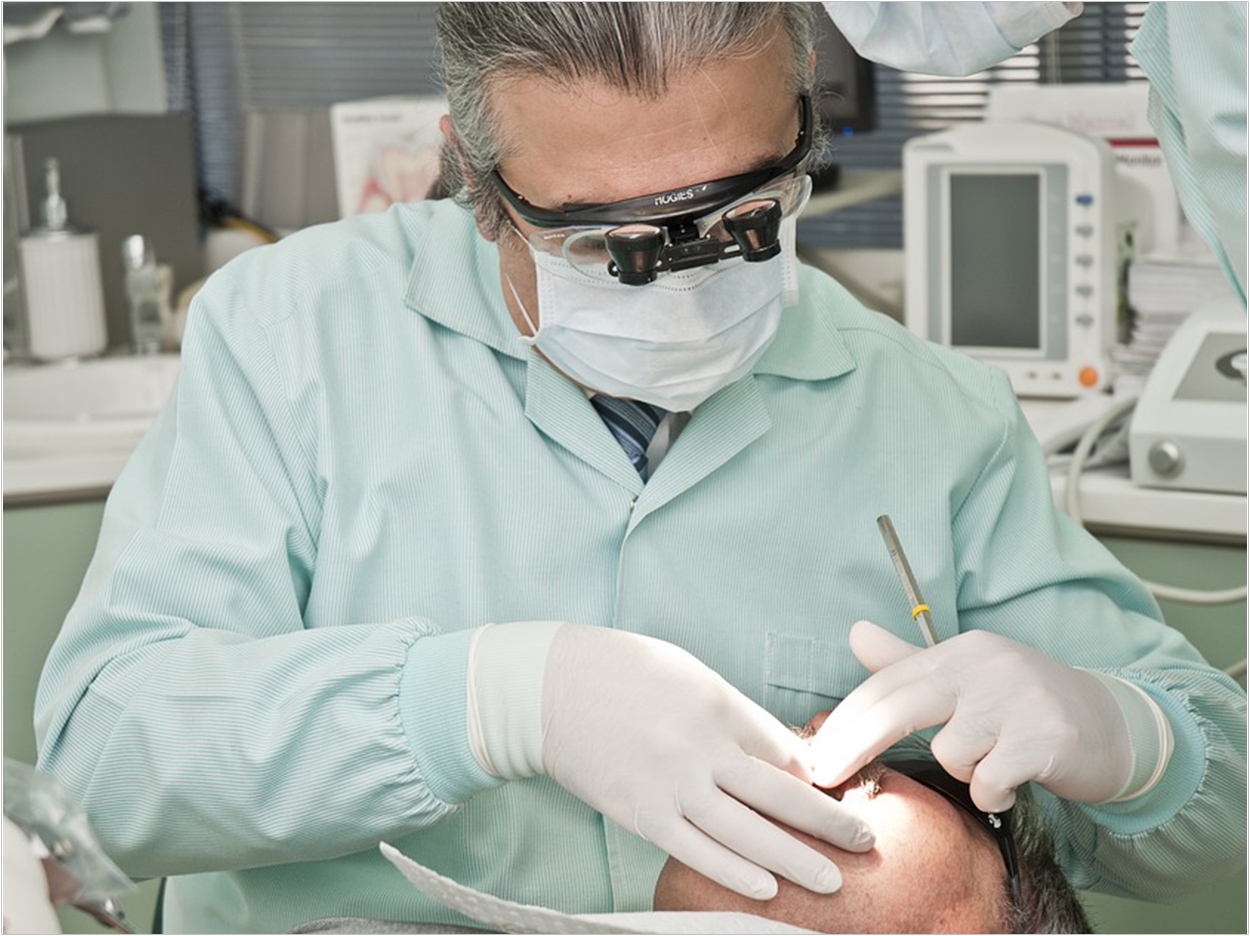
Streptococcus mutans typically gets the blame for producing most tooth decay. Using next-generation DNA sequencing, however, researchers at Okayama University have identified other members of the oral microbiome that may be responsible for dental caries.
Student volunteers at the university received an oral examination and answered a survey about their dental health at the beginning of the study and during a follow-up three years later, providing data about which students had significantly increased dental caries and who didn’t.
The researchers then divided the students into two groups during the follow-up and collected saliva samples of randomly selected students from these groups to analyze via next-generation DNA sequencing to obtain microbial profiles.
Both groups had very similar oral microbial diversities. But the abundance of the Prevotellaceae and Veillonellaceae bacterial families and Alloprevotella and Dialister genera were greater in the first group than in the second.
These two families are known to comprise species that produce acid as well. This finding, the researchers said, suggests new prevention possibilities for dental caries that do not focus on keeping S mutans populations in check.
In fact, the researchers said, both groups had low levels of S mutans. The results underscore the need to update current knowledge about the oral microbiome and its role in the development of dental caries, they added. However, there were limitations in the study’s applicability.
“Among other things, all our participants were from Okayama University, so our results may not be generalizable to the wider population,” said Dr. Yoko Uchida-Fukuhara, leader of the study, who was nevertheless hopeful about the results.
“For many years, our group has been conducting population studies to reduce oral diseases. We believe that the results of this new study will help us develop novel strategies to prevent dental caries, and our students will achieve greater life satisfaction because of better teeth and oral health,” she said.
The study, “Caries Increment and Salivary Microbiome During University Life: A Prospective Cohort Study,” was published by The International Journal of Environmental Research and Public Health.
Related Articles
Pickled Cabbage May Prevent Cavities
Bacteria Are (Mostly) Our Friends: How Oral and Whole-Body Health Are Connected
Penn Dental Student Takes Top Prize for Aa Research











